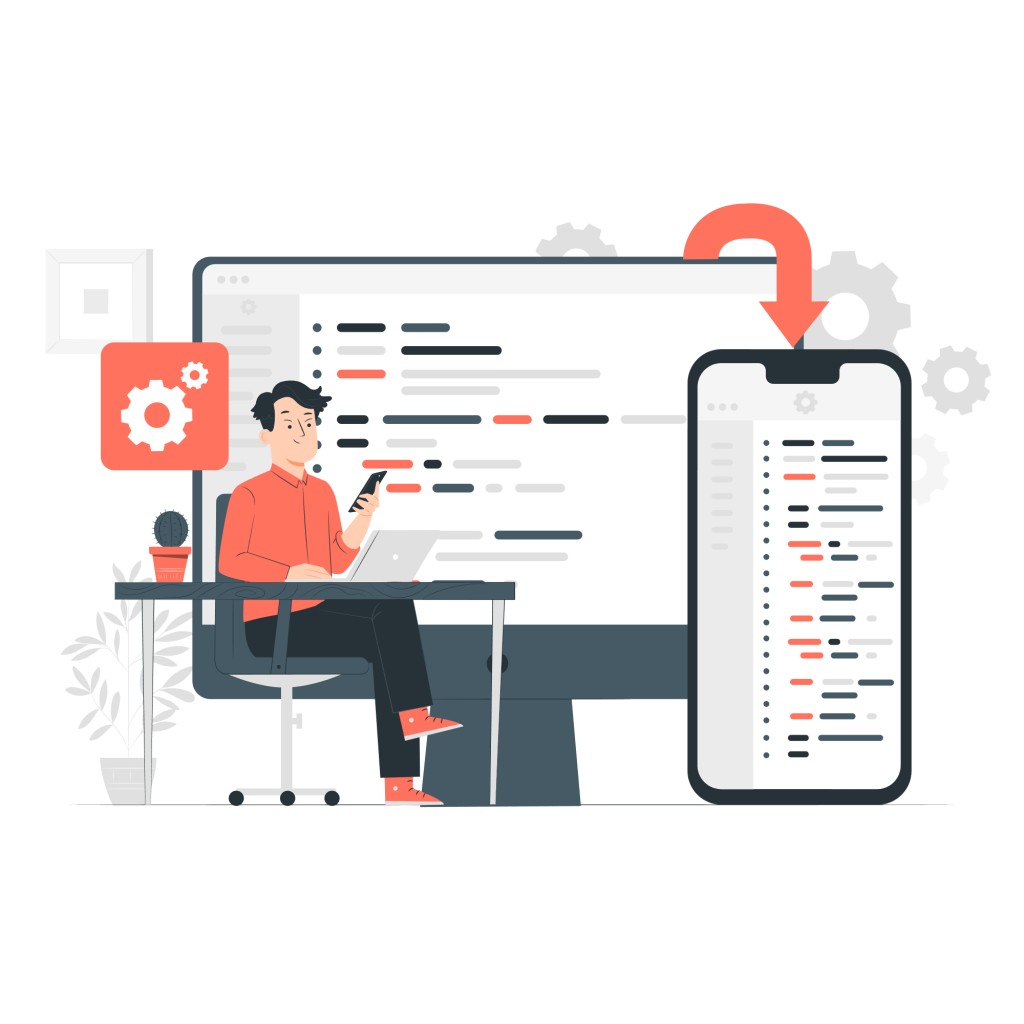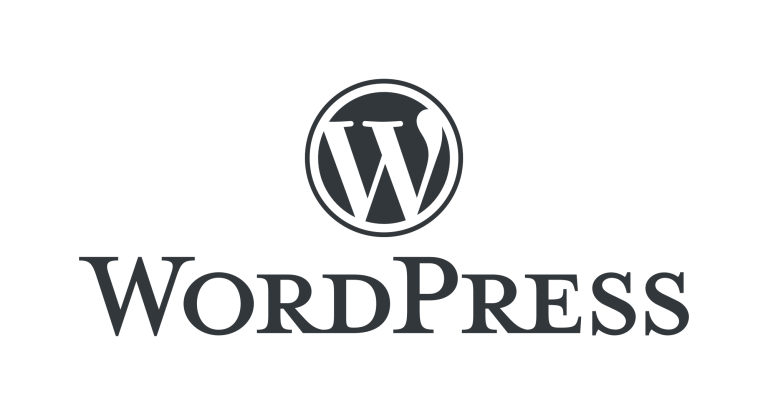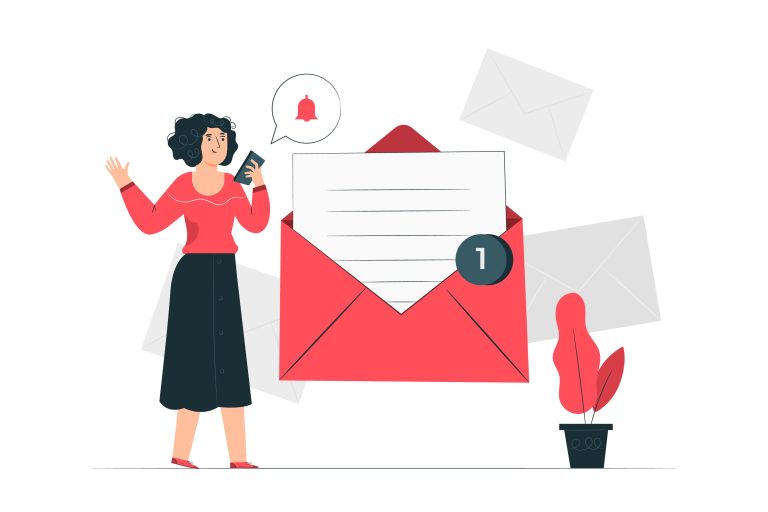WordPress Engineering, Not Just Development
We design custom plugin ecosystems, optimize performance, secure infrastructure, and build structured WordPress platforms that scale beyond typical site setups

Detailed Capability Breakdown
Our expertise covers the full WordPress stack - from frontend experience and backend customization to integration with APIs, SaaS products, and enterprise infrastructure
Custom Themes & UI Systems
Unique, lightweight, and maintainable themes built with best practices in UX, accessibility, and modular code
Advanced Plugin Development
Feature-rich extensions tailored to your workflow, with focus on security, performance, and seamless admin experience
WooCommerce Engineering
Full customization, optimization, and automation for online stores – from checkout flow to inventory sync and dynamic pricing
API & SaaS Integration
Integrate your WordPress site with CRM, ERP, or AI services. Our backend expertise ensures stable and secure connections
Headless & Hybrid WordPress
Next-gen architecture combining WordPress as a CMS with React, Vue, or custom frontends for maximum flexibility
Code Review & Optimization
Auditing legacy code, refactoring templates, and improving security and performance without breaking your current setup


Performance. Security. Maintainability.
Every WordPress project we deliver is production-ready, audit-clean, and built for long-term sustainability. We adhere to strict coding standards, optimize database queries, and apply advanced caching and firewall layers
Custom WordPress Plugins & Themes
From feature-rich plugins and unique themes to WooCommerce integration, advanced security, and site acceleration – we handle any challenge.
WordPress Optimization
Speed up your site and solve any technical issue. We offer code audits, load optimization, hardening
Wordpress Security
Secure your business with firewall and bot protection (including BotBlocker)
Let’s Work Together
Tell us about your project, challenges, or goals - and we’ll help define the best technical direction
No sales pressure. No generic proposals. Just straightforward technical insight and clear next steps

Questions & Answers
Direct explanations of how we work, what to expect, and how we ensure reliable long-term results
What types of WordPress projects do you handle?
Everything from custom corporate sites and e-commerce platforms to SaaS dashboards and internal portals. The setup always fits the business logic – not just a template
Do you build custom themes or use page builders?
Mostly custom themes with clean, modular code. Page builders are used only when they don’t compromise speed or control over design
Can you create plugins as part of a WordPress project?
Yes. Custom plugins are often part of the architecture – built to handle integrations, automation, or advanced functionality.
How do you ensure performance and security?
By using optimized queries, caching layers, CDN delivery, and BotBlocker-level protection. Every build passes a technical audit before launch
Can you migrate or rebuild an existing WordPress site?
Absolutely. Legacy projects are migrated safely with full content and SEO retention, followed by code cleanup and modernization

